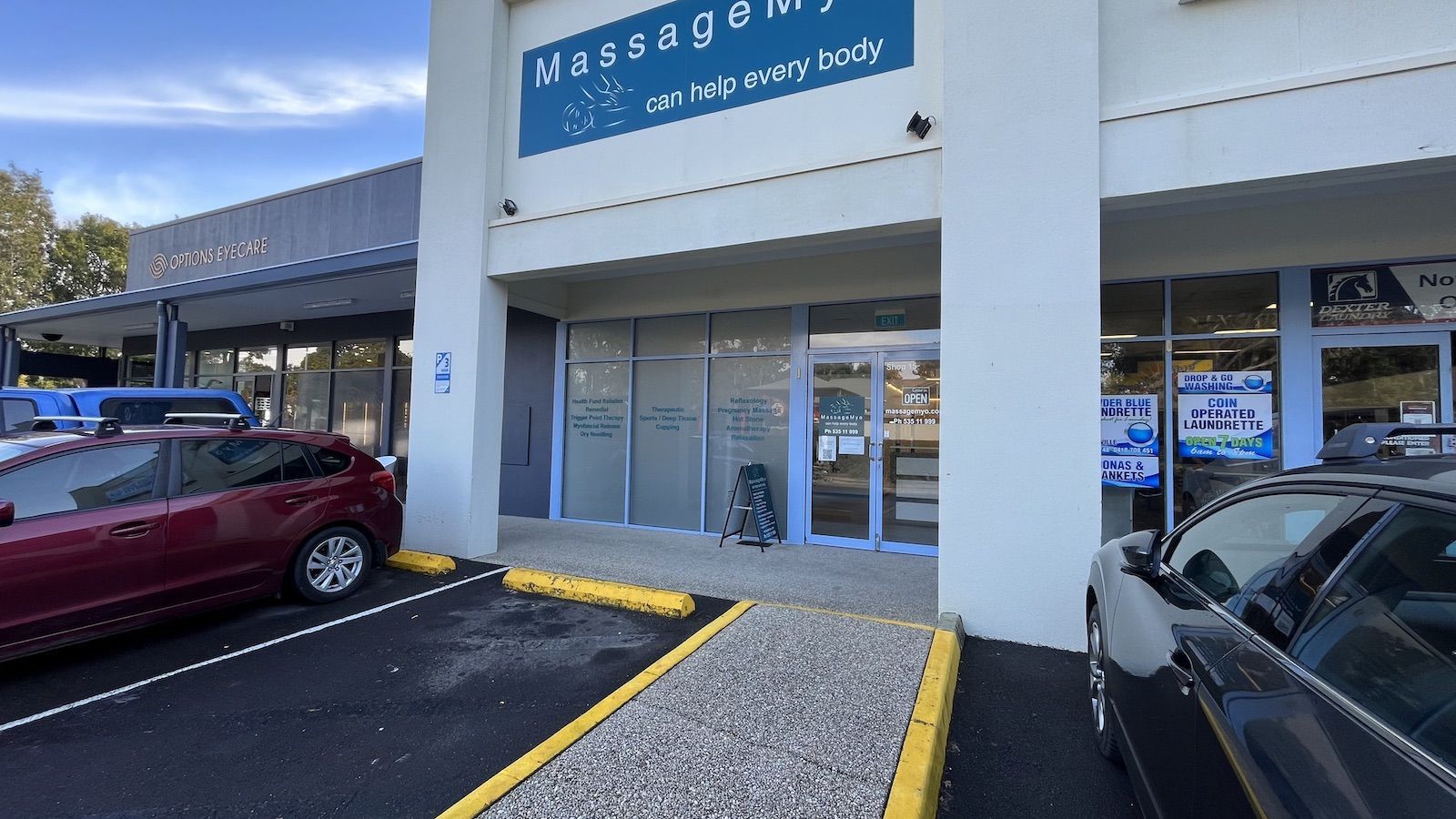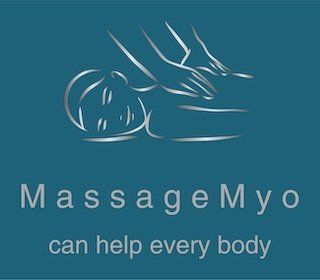Frozen Shoulder - Adhesive Capsulitis
Frozen Shoulder Adhesive Capsulitis
“A well-defined disorder characterised by progressive pain and then stiffness of the shoulder that has no clear single cause and usually resolves spontaneously over about 18 months… Initial treatment during the painful inflammatory phase is with analgesics and anti-inflammatory drugs. During the stiff phase, when the pain and inflammation has settled, gentle physiotherapy and possible manipulation under anaesthesia is performed to help regain range of motion.” (Oxfordreference.com, 2019)
Including remedial massage and myotherapy in your treatment is shown to bring a significant reduction in pain, symptoms, improve your range of motion and bring resolution to the condition significantly faster than would occur otherwise. (Sonkusale, Jayashree T, et al. 2016) You can treat Frozen Shoulder, using the multi faceted approach, you may elect to consult your GP or specialist for medical treatment, in concert with a, physiotherapist or sport physiologist who may treat the joint, prescribe stretches and exercise to improve your symptoms and long term prognosis.
(Neviaser, A. S. and Hannafin, J. A. 2010). Bibliography Neviaser, A. S. and Hannafin, J. A. (2010) ‘Adhesive Capsulitis: A Review of Current Treatment’, The American Journal of Sports Medicine, 38(11), pp. 2346–2356. doi: 10.1177/0363546509348048.
Oxfordreference.com. (2019). Frozen shoulder – Oxford Reference. [online] Available at: https://www.oxfordreference.com/view/10.1093/oi/authority.20110803095836904 [Accessed 1 Dec. 2019].
Sonkusale, J. T., Damke, U. S. and Bhave, S. M. (2016) ‘Comparing the Effectiveness of Deep Transverse Friction Massage on Supraspinatus as an Adjunct to PNF in Idiopathic Adhesive Capsulitis of Shoulder’, Indian Journal of Physiotherapy & Occupational Therapy, 10(2), pp. 114–120. doi: 10.5958/0973-5674.2016.00060.5.


Copyright MassageMyo 2021









